Lung Cancer Pathophysiology: An Interdisciplinary Approach: An Interdisciplinary Approach (Interdisciplinary Cancer Research, 8) (Original Publisher)
$29.00
Gain a 360-degree view of lung cancer from cellular mechanisms to clinical care. Lung Cancer Pathophysiology: An Interdisciplinary Approach offers a cutting-edge, research-driven guide to the complex biology and systemic implications of lung cancer, ideal for researchers, clinicians, and advanced students in oncology and pulmonary medicine.
Description
Published by Springer in 2024, Lung Cancer Pathophysiology: An Interdisciplinary Approach is the 8th volume in the acclaimed Interdisciplinary Cancer Research series. This comprehensive resource provides a deep dive into the molecular, cellular, and clinical dimensions of lung cancer pathophysiology. It uniquely bridges basic science with translational and clinical perspectives, making it a vital reference for oncologists, pulmonologists, pathologists, biomedical researchers, and graduate students involved in cancer research or lung disease studies.
With lung cancer remaining the leading cause of cancer-related deaths worldwide, understanding its pathophysiological basis is more critical than ever. This volume equips professionals with the most up-to-date knowledge to inform diagnosis, treatment, and innovative research.
Key Features and Highlights
- Interdisciplinary coverage combining molecular biology, immunology, pathology, pharmacology, and clinical oncology
- Expert contributions from leading researchers and clinicians across disciplines
- Focus on tumor microenvironment, metastasis, resistance mechanisms, and biomarkers
- Discussion of emerging therapies including targeted agents, immunotherapies, and personalized medicine strategies
- Integration of basic science with clinical implications, enhancing translational relevance
- Richly illustrated with diagrams, imaging data, and clinical case insights for deeper comprehension
Chapters and Topics Covered
- Includes core chapters on lung cancer tumor biology, inflammation, immune escape, molecular pathways of tumor progression, resistance to therapies, and clinical management strategies
- Addresses the role of the tumor microenvironment and signaling pathways such as EGFR and ALK
- Explores diagnostic advancements, treatment algorithms, and future directions in precision oncology
About the Author(s)
This volume is edited and authored by internationally recognized experts in oncology, pulmonary medicine, and molecular research. The interdisciplinary editorial team is affiliated with leading academic and clinical institutions, ensuring both scientific rigor and clinical applicability.
Format Details
- Available Formats: PDF
- File Size: Approx. 9.8 MB
- Language: English
- Device Compatibility: Compatible with Kindle, iPad, Kobo, Android tablets, desktop, and all major eReader platforms. Fully optimized for Adobe Digital Editions and Apple Books.
FAQs
Q1: Is this book suitable for clinical practitioners or more focused on basic research?
A: Both. The book offers a uniquely interdisciplinary approach, making it highly valuable for clinicians seeking scientific context and researchers aiming to understand clinical relevance.
Q2: Does the book include updates on current therapies like immunotherapy and targeted treatments?
A: Yes. It thoroughly covers recent advancements, including checkpoint inhibitors, targeted therapies for EGFR/ALK mutations, and novel strategies in lung cancer treatment.
Additional information
| Publisher |
Springer |
|---|---|
| Published Year |
2024 |
| Language |
English |
| ISBN |
978-3031661518, 9783031661525 |
| File Size |
28.9 MB |
| Edition |
1 |

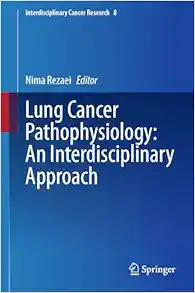





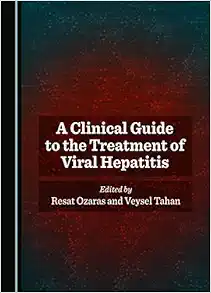


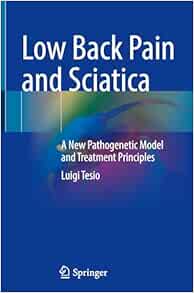


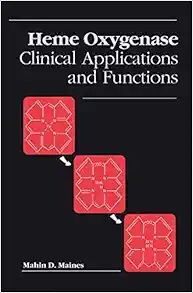
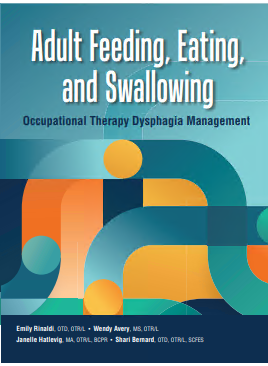

Reviews
There are no reviews yet.